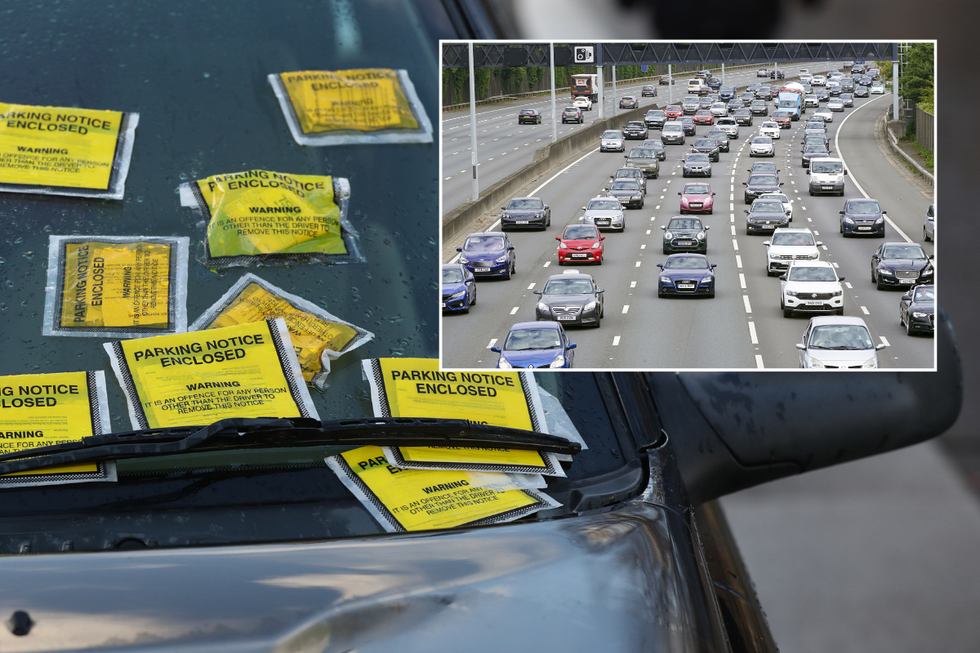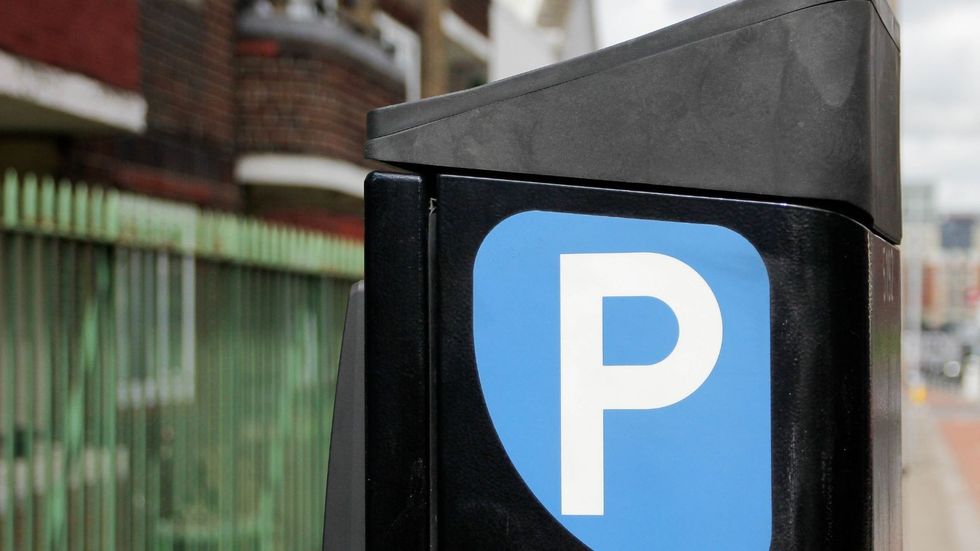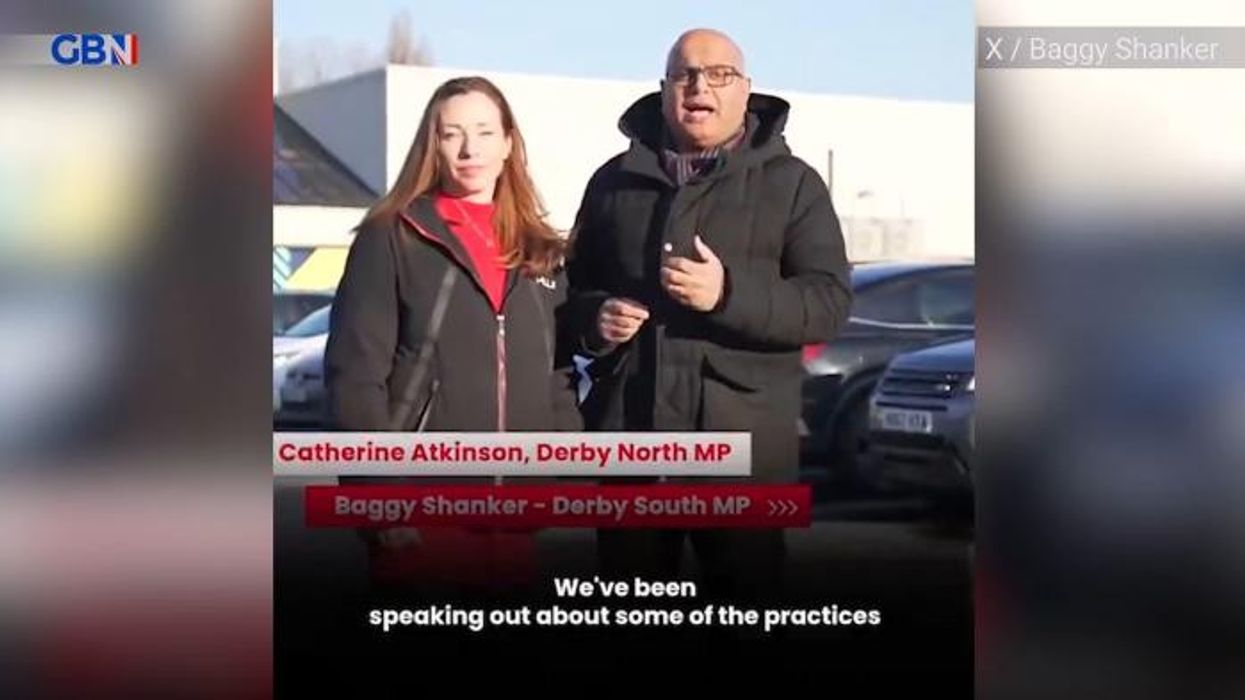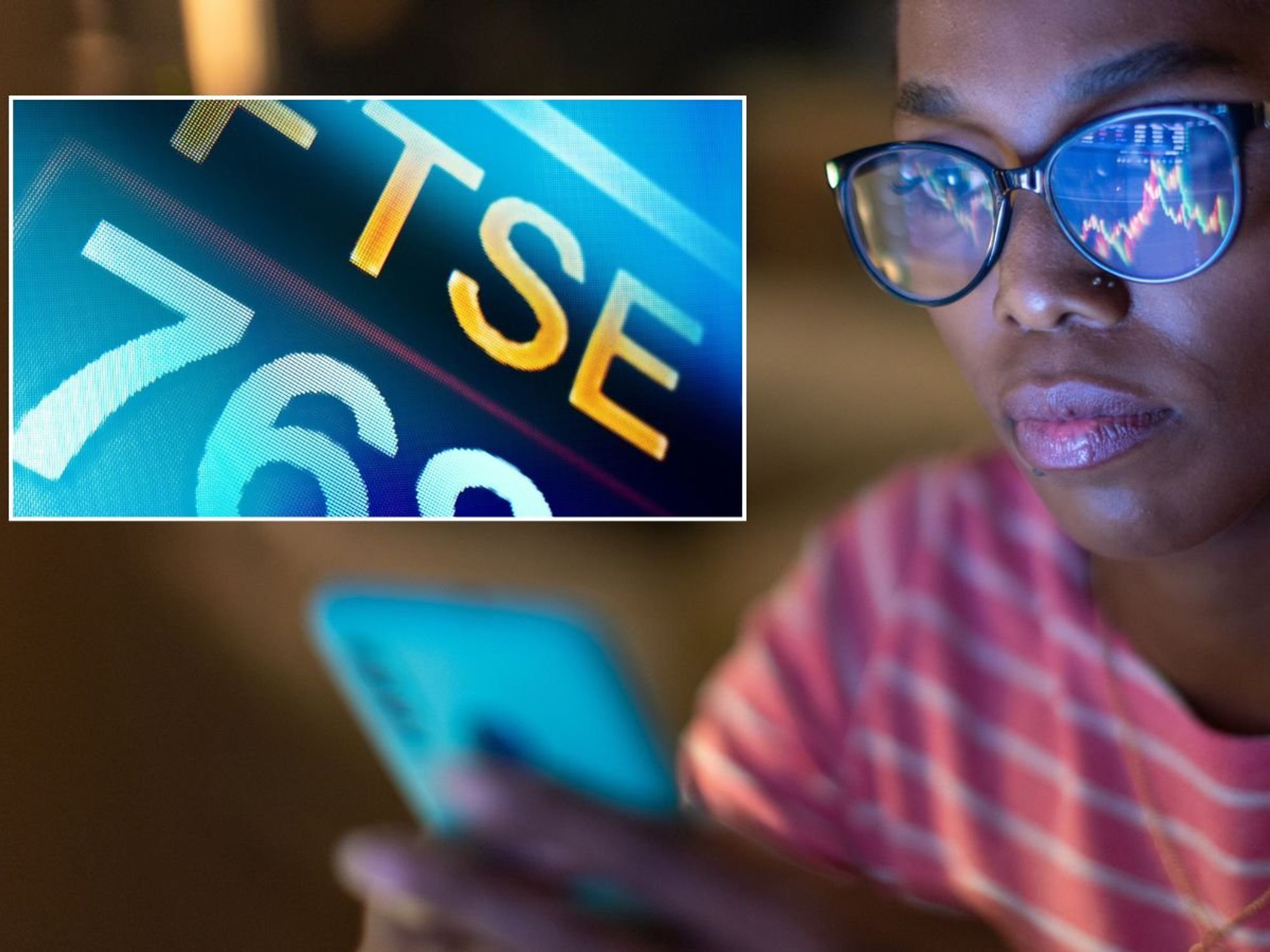Labour confirms it will introduce new parking rules to stop drivers being unfairly fined

The UK Government has announced plans to step in and stop drivers being hit with huge parking fines
Don't Miss
Most Read
Latest
Labour has confirmed plans to introduce a new statutory Code of Practice for private parking firms, with accompanying sanctions being brought in for companies which are found to breach the rules.
The code will apply to private parking operators in England, Scotland and Wales, although no implementation date has yet been announced.
It comes after a research briefing released last week confirmed that the Government has committed to launching a consultation on the Code of Practice "in due course" in a bid to protect and support motorists.
The move aims to ensure high standards in the private parking industry, as well as following the Parking (Code of Practice) Act 2019.
Do you have a story you'd like to share? Get in touch by emailing motoring@gbnews.uk

Labour hopes to introduce its own Code of Practice for private parking firms
| GETTYIn the UK, private parking enforcement companies are currently not directly regulated under UK rules, but they must comply with certain laws and belong to an Accredited Trade Association to access DVLA data.
The previous Government published a Code of Practice in February 2022 but withdrew it in June 2022 following legal challenges from parking companies over new charge levels and fee bans.
A private parking sector single Code of Practice came into effect on October 1 last year, created jointly by industry bodies, but this is not statutory.
The Parking (Code of Practice) Act 2019 provided the legal framework for the Government to create a statutory code with enforcement powers.
Without a statutory code, consumers have limited redress against poor behaviour by private parking companies, with Labour hoping to solve this issue.
The code is expected to regulate maximum parking charges, signage, grace periods, appeals processes, and complaint handling.
Under the private parking sector single Code of Practice, charges have been capped at £100, with a mandatory 40 per cent reduction for payments made within 14 days.
The code also requires a 10-minute grace period at the end of parking sessions before charges can be issued, though this doesn't apply to short-stay areas under 30 minutes.
It also acknowledges that drivers with disabilities may need longer grace periods.
The statutory code will likely include similar provisions, along with a 'consideration period' allowing drivers time to find and choose a parking space.
The upcoming legislation hopes to give the Secretary of State the power to remove a company's access to the DVLA register of vehicle keepers if they breach the code.
This would effectively prevent non-compliant operators from enforcing unpaid parking charges, making it difficult for them to continue doing business.
Currently, parking companies must belong to either the British Parking Association or the International Parking Community to access DVLA data.
Under the new statutory code, this access would be contingent on following the rules set out in the code of practice.
LATEST DEVELOPMENTS:
- Young drivers to face stricter travel rules across major region as current measures remain 'ineffective'
- Hundreds of drivers slapped with £100 fine for breaking major traffic rule across popular city
- Major car maker sees electric car sales drop by a third as Donald Trump’s tariffs cause 'challenges not seen before'

Private parking companies are currently not regulated by the UK Government
| GETTYThe British Parking Association has expressed concerns about the draft code, particularly regarding proposals to reduce the cost of Parking Charge Notices.
In November 2023, the BPA stated that "rule-breaking motorists need to be sufficiently deterred and that the cost involved in preventing such behaviour should not be borne by all motorists."
Despite these concerns, the BPA urged the Government to "press ahead with the introduction of the new Code of Practice."
The International Parking Community was more positive, stating in February 2022 that "the implementation of the unified Code will finally help us to address the doubt and scepticism that has plagued the industry's public perception for far too long."
By introducing clear standards and meaningful sanctions, the Government aims to address longstanding issues with inconsistent enforcement and excessive charges.
Motorists will benefit from greater transparency, fairer charges, and improved appeals processes.











